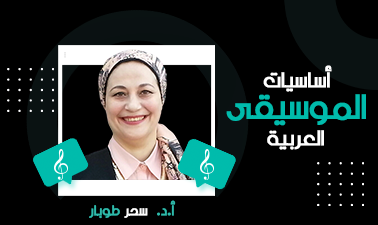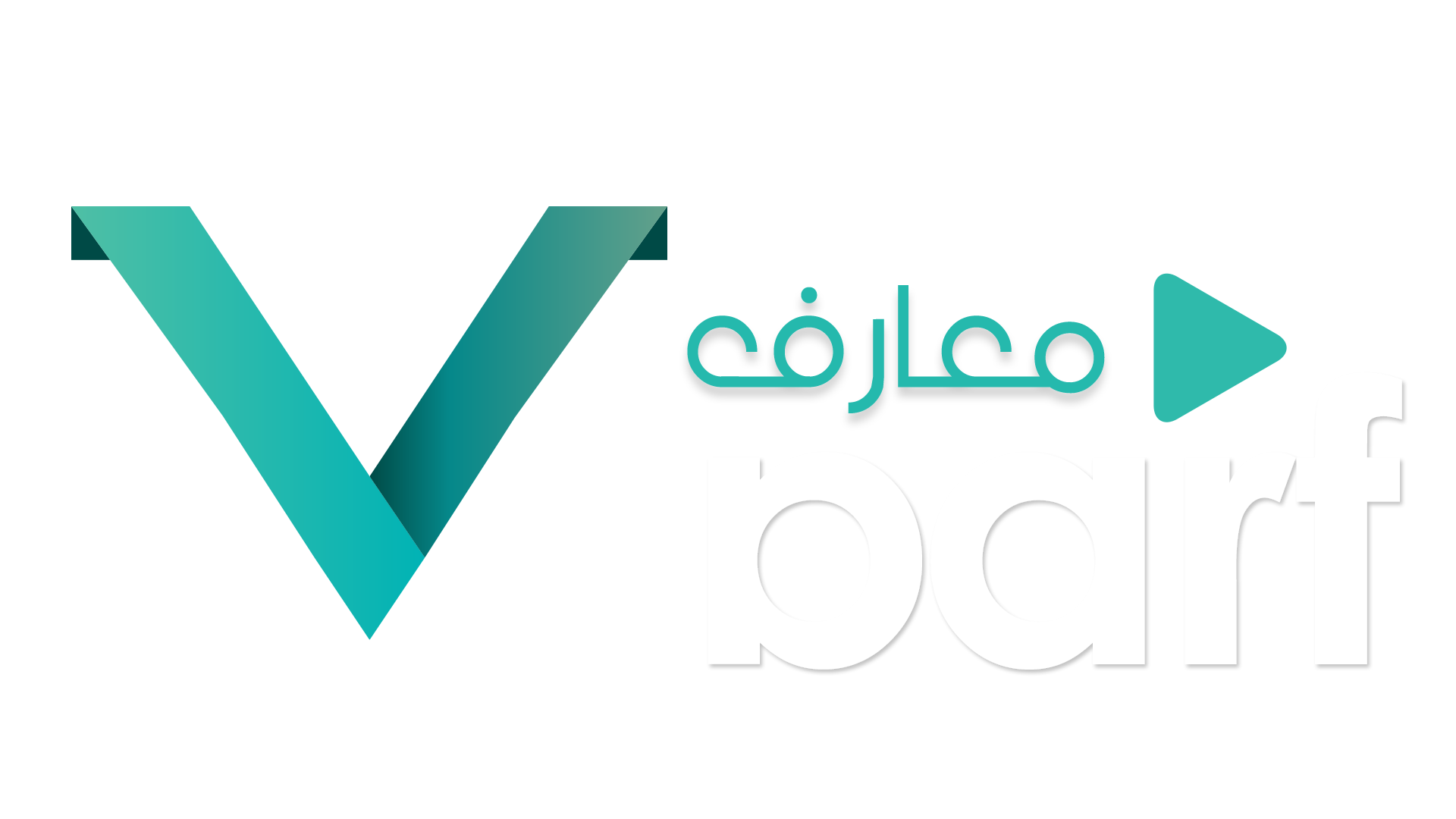
أساسيات الموسيقى العربية
جامعة المنصورة

About Fundamentals of Arabic Music
Music is a universal language, as it is the only language that is understood by all peoples of all cultures. Every culture has its own musical heritage that represents its identity and values and distinguishes it from others.
People are trying hard to preserve their culture and musical heritage, especially in light of the increasing impact of globalization on people’s cultures and music, as there is a belief from the vast majority of writers, especially from the developing world, that globalization has left its effects on the quality of music for their people, considering that the emergence of modern music Emergence has come at the expense of the authenticity of the local musical heritage of these peoples, and some of them felt that cultural globalization had become a threat to their music, and they expressed their fears about the disappearance of the authenticity of their musical heritage.
The Fundamentals of Arabic Music course is one of the courses taught within the content of music training in general. Arabic music has gone through multiple stages, as early Islamic studies carried out by both Al-Kindi and Al-Farabi left a wealth of documents containing important scientific theories taken from ancient civilizations ( Greek and Persian) and then developed it into what is now considered the basis of Arabic music. Of course, we realize that only a few specialize in Arabic music and know its features and characteristics.
Through Fundamentals of Arabic Music we will learn:
What is meant by music in general terms and its characteristics, then we will move on to the characteristics and characteristics of Arabic music, learning about its classifications, what are the different scales and genders, how to portray the tones on the musical scale, and how to read them with an explanation of what is the scale and the musical scale and the types of tones, whether they are uplifting or downward. Where the classifications of the forms of Arabic music differ, there are agreed upon musical forms, including the maqam, which we will learn about in detail, as it is considered to be the set of sounds confined between the sound and its repetition (its answer), and we will know that the maqams are distinguished from each other because of the different dimensions (vocal distances) between the musical grades, Where the main maqams are collected in the word (made with magic), which are Saba, Nahund, Ajam, Bayat, Sikah, Hijaz, and Rast, and these are the basic maqams through which the other maqams branch out according to the musical dimensions in the musical scale.
Fundamentals of Arabic Music Course General Goals :
This course aims to:
• Familiarity with the rules and basics of Arabic music.
• Provide a high-level understanding of transposition marks in Arabic music.
• Familiarity with the differences between vocal dimensions and melodic distances in Arabic music.
• Knowing the types of genres in Arabic music.
• Gaining information about the types of plurals in Arabic music.
• Know how to depict genders and melodies in Arabic music.
• Gaining information about the types of scales in Arabic music.
Target group:
- Those whose interested in studying music.
- students of music education.
Course Staff

Prof. Dr. Sahar Muhammad Kamal Ahmed Tobar.
Professor of Arabic Music, Department of Musical Education,
Faculty of Specific Education, Mansoura University,
and Director of the Public Service Center for Educational and Artistic Services.
حول دورةأساسيات الموسيقى العربية:
يقال إن الموسيقى لغة عالمية، فهي اللغة الوحيدة التي يفهمها جميع الشعوب على اختلاف ثقافاتهم، فلكل ثقافة تراثها الموسيقي الذي يمثل هويتها وقيمها، ويميزها عن غيرها. وتحاول الشعوب جاهدة الحفاظ على ثقافتها وموروثها الموسيقي، خصوصا في ظل تزايد تأثير العولمة على ثقافات الشعوب وموسيقاها، حيث هناك اعتقاد من الغالبية العظمى من الكتّاب، لا سيما من دول العالم النامي، أن العولمة تركت آثارها على نوعية الموسيقى لشعوبهم، معتبرين أن ظهور الموسيقى الحديثة الناشئة أصبح على حساب أصالة الموروث الموسيقي المحلي لهذه الشعوب، وارتأى بعضهم أن العولمة الثقافية باتت تشكل خطرا يتهدد موسيقاها، وأبدوا مخاوفهم من اندثار أصالة مورثهم الموسيقي.
ويعد مقرر أساسيات الموسيقى العربية أحد المقررات التي يتم تدريسها ضمن محتوى التدريب على الموسيقى بشكل عام، فلقد مرت الموسيقى العربية بمراحل متعددة، حيث تركت الدراسات الإسلامية المبكرة التي قام بها كل من الكِندي والفارابي ثروة من الوثائق التي تحوي نظريات علمية مهمة أخذتها عن الحضارات القديمة (الإغريقية والفارسية) ثم طورتها إلى ما يعد الآن أساس الموسيقى العربية. بالطبع نحن ندرك أن قلة فقط هم المتخصصون بالموسيقى العربية ويعرفون ميزاتها وخصائصها.
من خلال دورة أساسيات الموسيقى العربية سوف تتعرف على:
المقصود بالموسيقى بصفة عامة وخصائصها، ثم سننتقل الي خصائص وسمات الموسيقى العربية، ومعرفة تصنيفاتها وماهية المقامات والاجناس المختلفة، وكيفية تصوير النغمات على المدرج الموسيقي، وكيفية قراءتها مع توضيح ما هو السلم والمدرج الموسيقي والنغمات بأنواعها سواء كانت رافعة أو خافضة، حيث تختلف تصنيفات أشكال الموسيقى العربية، فهناك أشكال موسيقية متفق عليها ومن بينها المقام سنتعرف عليه تفصيليا حيث يعتبر هو مجموعة الأصوات المحصورة بين الصوت وتكراره (جوابه)، وسنعرف أن المقامات تتميز بعضها عن الآخر بسبب اختلاف الأبعاد (المسافات الصوتية) بين الدرجات الموسيقية، حيث تجمع المقامات الرئيسية في كلمة (صنع بسحر) وهي صبا ونهوند وعجم وبيات وسيكاه وحجاز وراست، وهذه هي المقامات الأساسية التي تتفرع من خلالها المقامات الأخرى على حسب الأبعاد الموسيقية في السلم الموسيقي.
الفئة المستهدفة:
• المهتم بدراسة الموسيقى -طلاب التربية الموسيقية.
الأهداف العامة لدورة أساسيات الموسيقى العربية:
يهدف هذا المقرر إلى:
1. الالمام بقواعد وأساسيات الموسيقى العربية.
2. توفير فهم عالي المستوى لعلامات التحويل في الموسيقى العربية.
3. الإلمام بالفروق بين الأبعاد الصوتية والمسافات اللحنية في الموسيقى العربية.
4. معرفة أنواع الأجناس في الموسيقى العربية.
5. اكتساب معلومات عن أنواع الجمع في الموسيقى العربية.
6. معرفة كيفية تصوير الأجناس والألحان في الموسيقى العربية.
7. اكتساب معلومات عن أنواع المقامات في الموسيقى العربية.
المحاضر

أ.د. سحر طوبار
أستاذ الموسيقى العربية بقسم التربية الموسيقية
– جامعة المنصورة - كلية التربية النوعية
ومدير مركز الخدمة العامة للخدمات التربوية والفنية.
